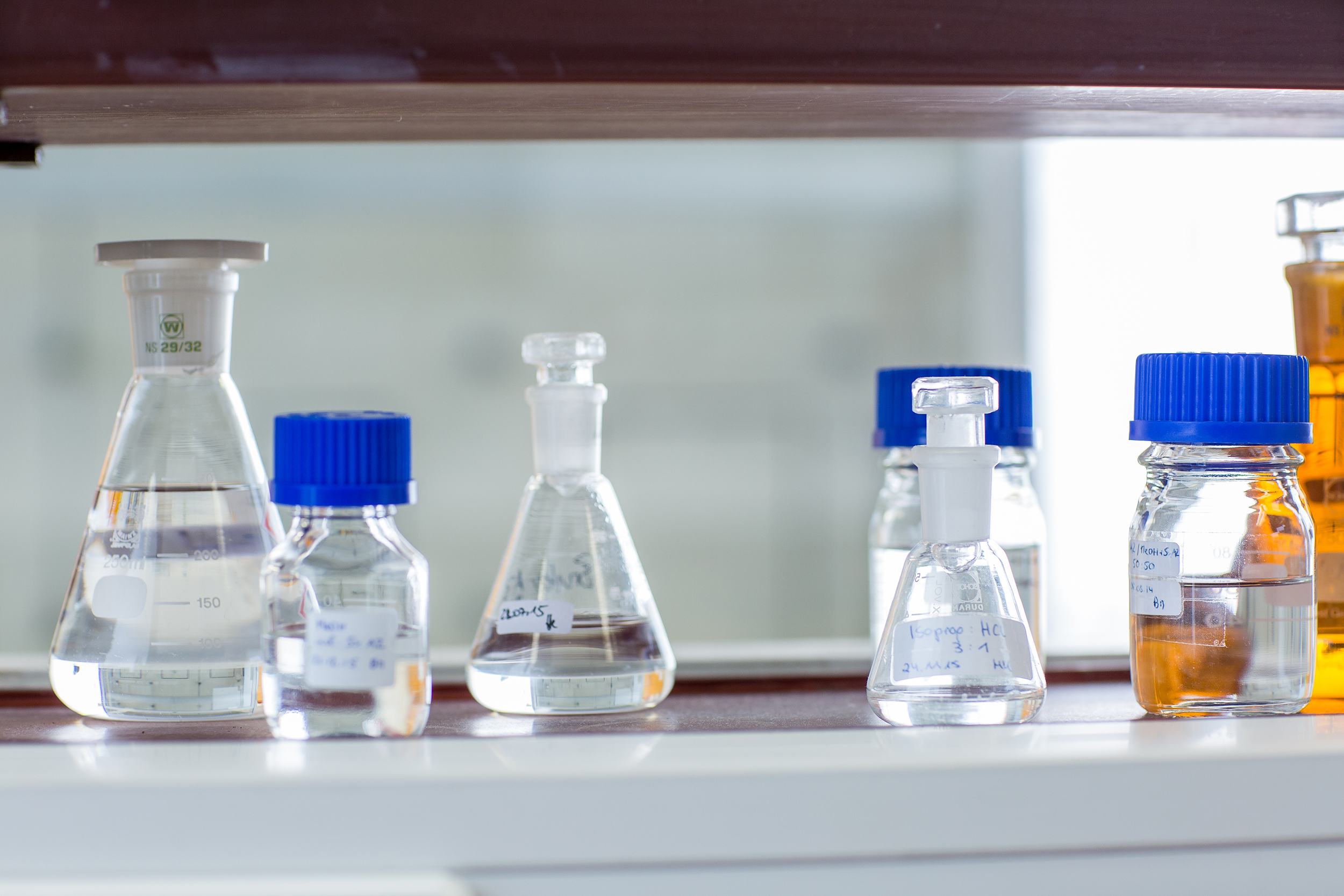Safe nightlife: study launched to detect knockout drugs
Study at the Medical Center - University of Freiburg aims to provide potential victims with rapid reassurance and help them to better assess the real danger of nightlife

After just twelve hours, many substances that are abused as knockout drops are no longer detectable. This is why the Institute of Forensic Medicine at the Medical Center - University of Freiburg has launched a new study to facilitate the detection and analysis of knockout drugs in nightlife. The aim of the study is to provide potential victims with a low-threshold diagnostic service and to help better estimate the number of unreported cases of such assaults. To this end, test kits will be handed out in numerous participating bars, clubs and other establishments in the event of suspicion. The test is free of charge for those affected. For the study, the Institute of Forensic Medicine is working together with the "nachtsam" campaign for a safe nightlife, among others.
"This study enables us to better assess how and to what extent knockout drugs are used in nightlife," explains Prof. Dr. Annette Thierauf-Emberger, Medical Director of the Institute of Forensic Medicine at the Medical Center - University of Freiburg. "Due to the short detectability of the substances, it is crucial that those affected act quickly in order to obtain a reliable and meaningful analysis result. Up to now, it has usually not been possible to obtain a reliable result because too much time has elapsed between the administration of "knockout drugs" and the collection of the sample. That's why it's clear: if we want to grasp the situation, we have to collect the samples directly in the nightlife."
From the nightclub to the lab
For the study, the Institute of Forensic Medicine is working with the nachtsam project (sponsored by Frauenhorizonte), among others, which trains nightlife establishments in prevention and nightlife safety. For example, if a person suspects that they have been given knockout drops in a bar, they must obtain a urine sample within twelve hours of the suspected incident. To do this, they can approach the staff directly and receive a container for a urine sample and information about the study. The sample can then be stored in a cool place and taken directly to the Institute of Forensic Medicine in the following days. There, the urine sample is analyzed to determine whether knockout drugs were administered. If no sample container is available, any other clean container can be used.
"We want to shed more light on the number of unreported cases of the misuse of knockout drops so that preventative measures can be strengthened on this basis," says Thierauf-Emberger. "Clarifying whether knockout drugs have been administered can reduce uncertainty for those affected."
Participation and data protection
The study guarantees complete data protection, as all data collected is processed pseudonymously. Those affected receive the results of the test after a few days. If knockout drops are detected, it is up to the participant to decide how to deal with the result. There are no costs for the participants.
Caption: If a urine sample is taken up to 12 hours after the administration of knockout drops, the substances can usually be easily detected.
Image source: Medical Center - University of Freiburg / Britt Schilling
Back
Medical Center - University of Freiburg
Central Information
Phone: 0761 270-0
info@uniklinik-freiburg.de
For press inquiries:
Corporate Communications
Breisacher Straße 153
79110 Freiburg
Phone: 0761 270-84830
kommunikation@uniklinik-freiburg.de

